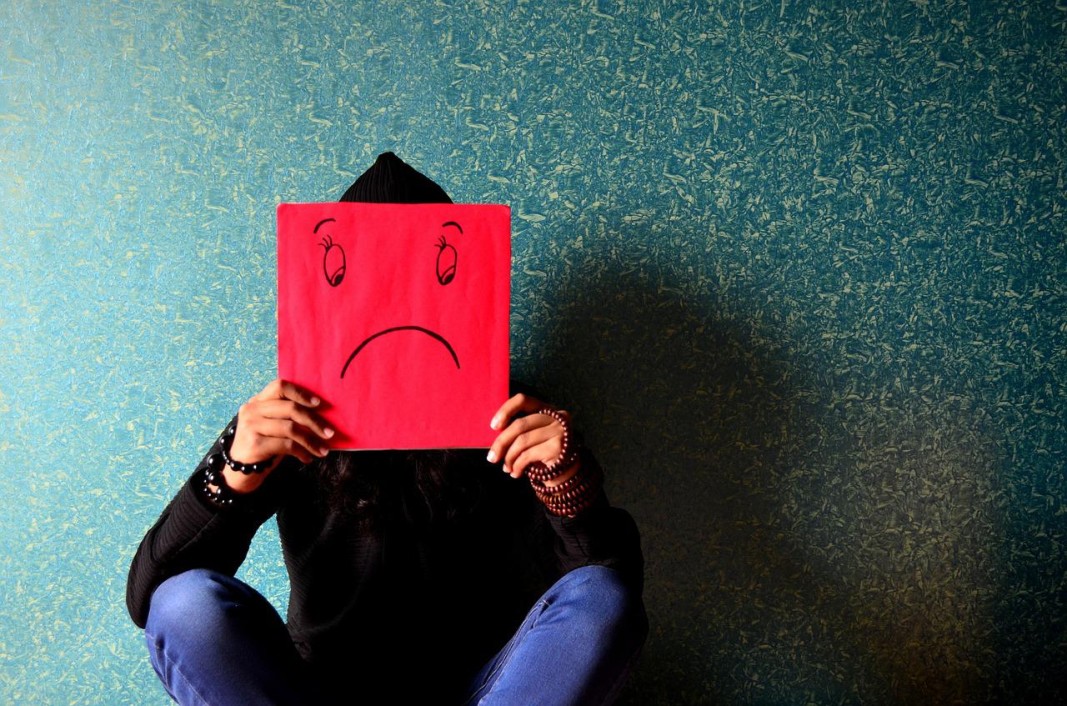Between 30% and 35% of Bulgarians associate their psychological distress with workplace problems. The mental health of the population has deteriorated significantly amid the Covid-19 pandemic, the lockdowns, the economic crisis and the war in Ukraine. “We are definitely seeing an increase in neurotic conditions such as panic disorders, obsessive compulsive disorders and all other types of anxiety disorders”, psychiatrist Dr. Tsveteslava Galabova, Director of the State Psychiatric Hospital St. Ivan Rilski said for Radio Bulgaria and added:
“The state of uncertainty and instability and the constantly increasing requirements for people to cope with difficulties lead to depletion of psychic energy, becoming a prerequisite for the emergence of anxiety disorders. We have very serious problems with the working environment in this country. Many people work without an employment contract or under conditions that do not correspond to their contract of employment. A fairly large number of people work without paying social security contributions, work very long hours, or their working environment does not correspond to the type of work concerned. On the other hand, people have become very neurotic. They feel anxious and insecure which is seriously affecting workplace relationships. We are witnessing a vicious circle, which contributes to the increased number of neurotic disorders in Bulgaria.”

According to statistics, 14.5% of Bulgarians suffer from mental disorders at some stage of their life. Of course, not all disorders are due to job stress. Anxiety, depression, phobias, alcohol and drug dependence belong to the group of the so-called common mental disorders in Bulgaria, data of the National Center for Public Health and Analysis show. The media also affect mental health.
“This is so, because the media constantly produce bad news–Dr. Galabova says. – It is clear that most people are informed by the TV news. Moreover, TV production personnel admit that bad news sell well. The news bulletin starts with information about murders, heavy road accidents, thefts and other severe problems, which effect extremely negatively our mental health.”

In Dr. Galabova’s words, however, mental disorders appear gradually and are the result of an accumulation of problems. People manage to suppress them for a long time, but suddenly something goes wrong and the first symptoms such as sweating, shallow breathing or high blood pressure appear. In this case, everyone should look for professional help.
Unfortunately, metal health is still a taboo subject in Bulgaria. Usually Bulgarians refuse to admit that they need help in such situations. This is also a financial issue, because the National Health Insurance Fund does not cover the psychotherapy costs. Ultimately, the anxiety disorders are left untreated and may lead to serious consequences.
English version: Kostadin Atanasov
Photos: Pixabay
President Rumen Radev will today attend the opening ceremony of Forest Week in front of St Alexander Nevsky Cathedral. The theme of this year's celebrations is "A century of eternal creation, preservation and care!" This year marks the 100th..
For 100 years, foresters in Bulgaria have been organizing Forest Week. A concert entitled “A century of eternity” on 7 April will give the official start to the initiative dedicated to the planet’s lungs. And though it has been a century since..
The eagerly-awaited Tulip Parade at the University Botanical Garden in Balchik is at its peak. This year’s parade includes more than 45,000 bulbs, and 27 varieties that are new to the Garden, among them Tulipa "Carnaval de Nice, which combines..
Every Bulgarian school abroad has its own story, and that of the Rodna Stryaha Bulgarian school in Cyprus began in 2015. Its foundations are built on..
President Rumen Radev will today attend the opening ceremony of Forest Week in front of St Alexander Nevsky Cathedral. The theme of this year's..
April 8 is the day when Roma people around the world celebrate their identity. " International Roma Day is a time to show that we are part of the..

+359 2 9336 661
